detail profile perfeito fortuna
Peran Yang Di Mainkan Perfeito Fortuna
 Severino finds a magic medallion and...
Severino finds a magic medallion and...D.P.A. - O Filme 3: Uma Aventura no Fim do Mundo 2022
Severino finds a magic medallion and becomes bewitched. To save their friend and prevent the forces of evil from dominating him forever, Sol, Bento, Pippo and Berenice embark on an icy adventure in the snow and go to the End of the World!
 On March 1 1982 the city of Niteri...
On March 1 1982 the city of Niteri...A Maldita 2019
On March 1, 1982, the city of Niterói enters history and hosts one of the most important cultural movements: a so-called Rock 80 Generation. Radio Fluminense FM, known as “A Maldita”, goes on the air, mixing irreverence, daring and creativity with its programming aimed at music that lacks commercial space. The boldness of believing in the new made “Maldita” become one of the main alternative communication vehicles, launching Brazilian rock groups and independent music and creating a legion of fans.
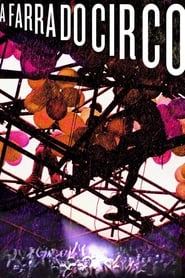 This documentary highlights the evolution of...
This documentary highlights the evolution of...A Farra do Circo 2013
This documentary highlights the evolution of Brazil's Circo Voador venue from homespun artists' performance space to national cultural institution.
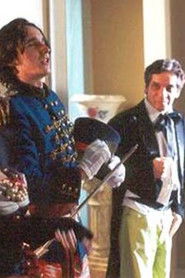 The film tells a little of...
The film tells a little of...Suspiros Republicanos ao Crepúsculo de um Império Tropical 2002
The film tells a little of the history of Brazil immersed in the caricature of the conditions of making cinema in this country. Flora and Carlos Manoel fall in love. She, from a family linked to the Monarchy, and he, a republican activist, live their love in the last days of the monarchy, without knowing that the end of the empire would also mean the end of their romance.
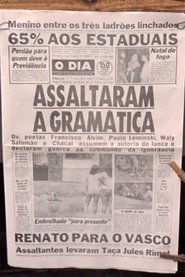 Through performatic acts and some exposition...
Through performatic acts and some exposition...Assaltaram a Gramática 1984
Through performatic acts and some exposition, a group of poets of that 1980's generation make great use of words, poems and rebellious acts criticizing the then current generation and its lack of admiration for the poetic works that were being created.
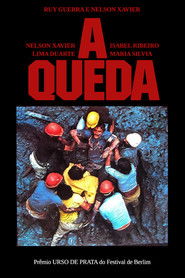 An accident at a construction site...
An accident at a construction site...The Fall 1976
An accident at a construction site, resulting in one death, sets one worker off on a struggle for justice that exposes the mechanisms of exploitation and the class relations of a country that had undergone one decade of fast-paced ‘conservative modernisation’ at the hands of the military. As a sort of sequel to the classic The Guns (1964), following the fate of those characters as they move from enforcers of exploitation to exploited, it offers more than a snapshot of the period: the correspondent time lapses in fiction and reality capture the passage of a chunk of Brazilian history between the two films, and, therefore, also the transformations in cinematographic approaches to the social and political between the two moments. Equally daring in content and form, and in the originality of the adequacy of one to the other, it won the Silver Bear at Berlin.
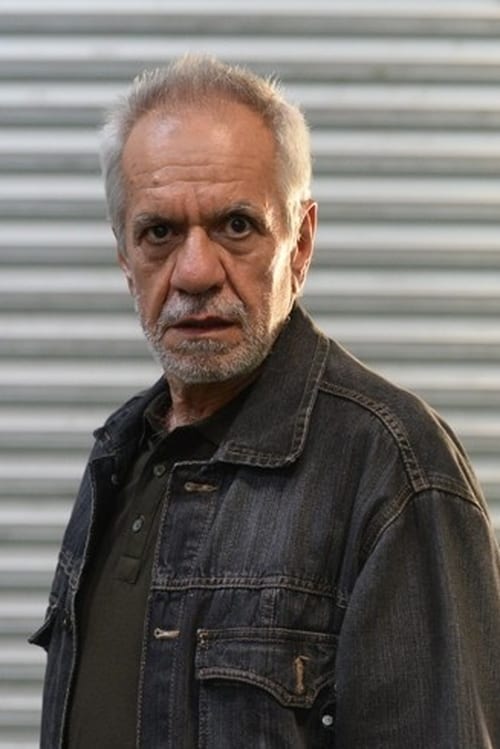
 Nilo Perequ is a successful comedian...
Nilo Perequ is a successful comedian...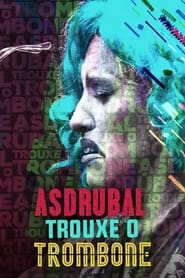

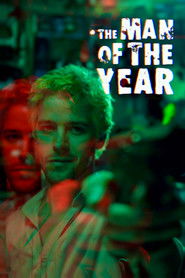 Maiqul has lost a bet and...
Maiqul has lost a bet and... Middleclass girl gets involved with a...
Middleclass girl gets involved with a...